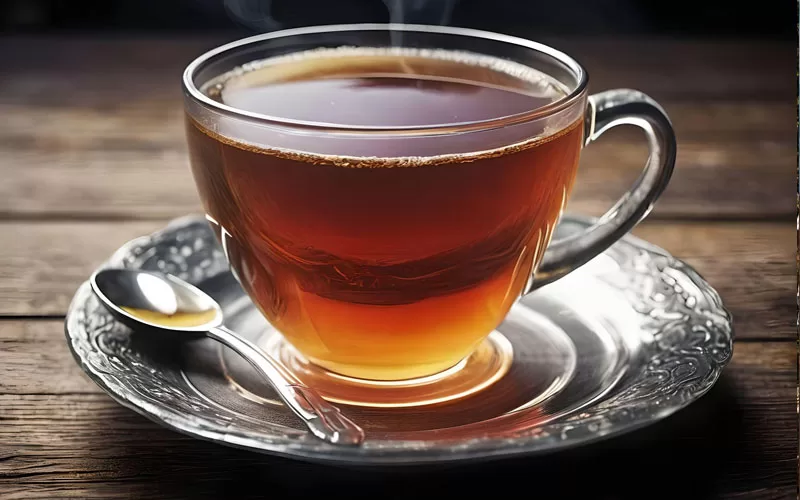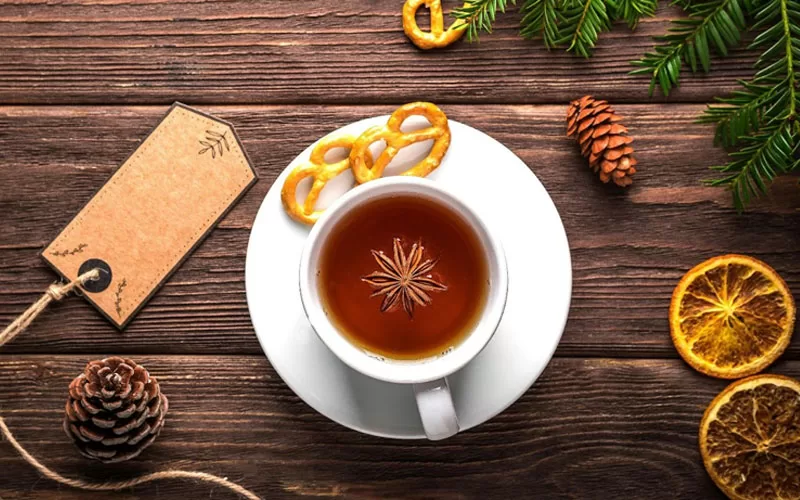
Tea has been enjoyed for centuries not only for its taste but also for its many health benefits. Originating in China, tea has become a global beverage with countless variations and types. From herbal blends to black teas, each type of tea offers unique flavors and potential health benefits.
But with so many options available, it can be overwhelming to know which type of tea is best for you. In this blog post, we’ll explore the different types of tea and their specific characteristics. We’ll also delve into the various health benefits associated with each type of tea, giving you a better understanding of which teas are worth incorporating into your daily routine. Let’s jump in!
Loose Leaf Teas
Loose-leaf teas are made from whole, unbroken tea leaves that are not pre-packaged in teabags. For instance, loose leaf Japanese teas, such as sencha and gyokuro, are known for their rich flavors and natural sweetness. Compared to tea bags that contain crushed leaves, loose-leaf teas have a richer taste due to the whole leaves steeping more evenly.
In terms of health benefits, loose-leaf teas contain high levels of antioxidants and polyphenols, which can help boost the immune system and fight against free radicals in the body. They also retain their natural oils and nutrients better than processed tea bags, making them a healthier choice overall. With a wide variety of flavors and blends available, loose-leaf teas are a great option for those looking to explore the world of tea and reap its many benefits.
Green Tea
Green tea is made from unoxidized leaves, giving it a light and delicate flavor. Originating in China, green tea has gained popularity worldwide due to its numerous health benefits. It contains high levels of catechins, which are powerful antioxidants that can help reduce inflammation and lower the risk of chronic diseases.
Moreover, regular consumption of green tea has been linked to improved brain function and weight management. Its natural caffeine content also provides a gentle energy boost without the crash often associated with coffee. With its refreshing taste and potential health benefits, green tea is a popular choice among tea drinkers.
Black Tea
Black tea is made from fully oxidized leaves, giving it a bold and robust flavor. It originated in China but has become a staple beverage in many cultures around the world. The oxidation process gives black tea its dark color and higher levels of caffeine compared to other types of tea.
Black tea has been linked to improved heart health and digestive function. It also contains polyphenols that can help boost the immune system and reduce inflammation. With its strong and distinct taste, black tea is often enjoyed with milk or sugar to balance out the bitterness. Whether enjoyed hot or cold, black tea is a classic and versatile choice for all tea lovers.
White Tea
White tea is the least processed type of tea, made from young leaves and buds that are steamed and dried. This minimal processing allows white tea to retain its natural antioxidants and nutrients, making it one of the healthiest types of tea available. It has a delicate flavor profile with floral and fruity notes.
White tea has been found to have anti-aging properties due to its high levels of antioxidants. It can also help improve skin health and promote weight loss. With its subtle yet refreshing taste, white tea is perfect for those looking for a light and healthy beverage option.
Oolong Tea
Oolong tea is a partially oxidized tea, falling between green and black teas in terms of processing. It has a diverse range of flavors, from sweet and floral to bold and roasted. Oolong tea has been found to have numerous health benefits, including improving heart health and promoting weight loss.
Moreover, it contains high levels of theanine, an amino acid that can help improve mental alertness and reduce stress levels. Oolong tea is also known for its unique ability to boost metabolism and aid in digestion. Its complex flavor profile makes it a popular choice among tea enthusiasts.
Herbal Teas
Herbal teas are not technically “tea” as they do not contain any leaves from the Camellia sinensis plant. Instead, they are made from various herbs, fruits, and spices, offering a wide range of flavors and potential health benefits. From soothing chamomile to refreshing peppermint, herbal teas have been used for centuries for their medicinal properties.
Each herb used in herbal tea has its own unique benefits, such as promoting relaxation or aiding in digestion. They are also naturally caffeine-free, making them a great option for those looking to limit their caffeine intake. With endless flavor combinations available, herbal teas offer a delicious and natural way to improve overall well-being.

Tea is not just a delicious beverage but also a source of many health benefits. From full-bodied black teas to delicate white teas and refreshing herbal blends, there is a type of tea for everyone’s taste preferences. Incorporating different types of tea into our daily routine can provide us with various antioxidants, vitamins, and minerals that can improve our overall well-being. So next time you’re looking for a warm or refreshing drink, consider reaching for a cup of tea and enjoy its many flavors and potential health benefits.
Leave a Reply